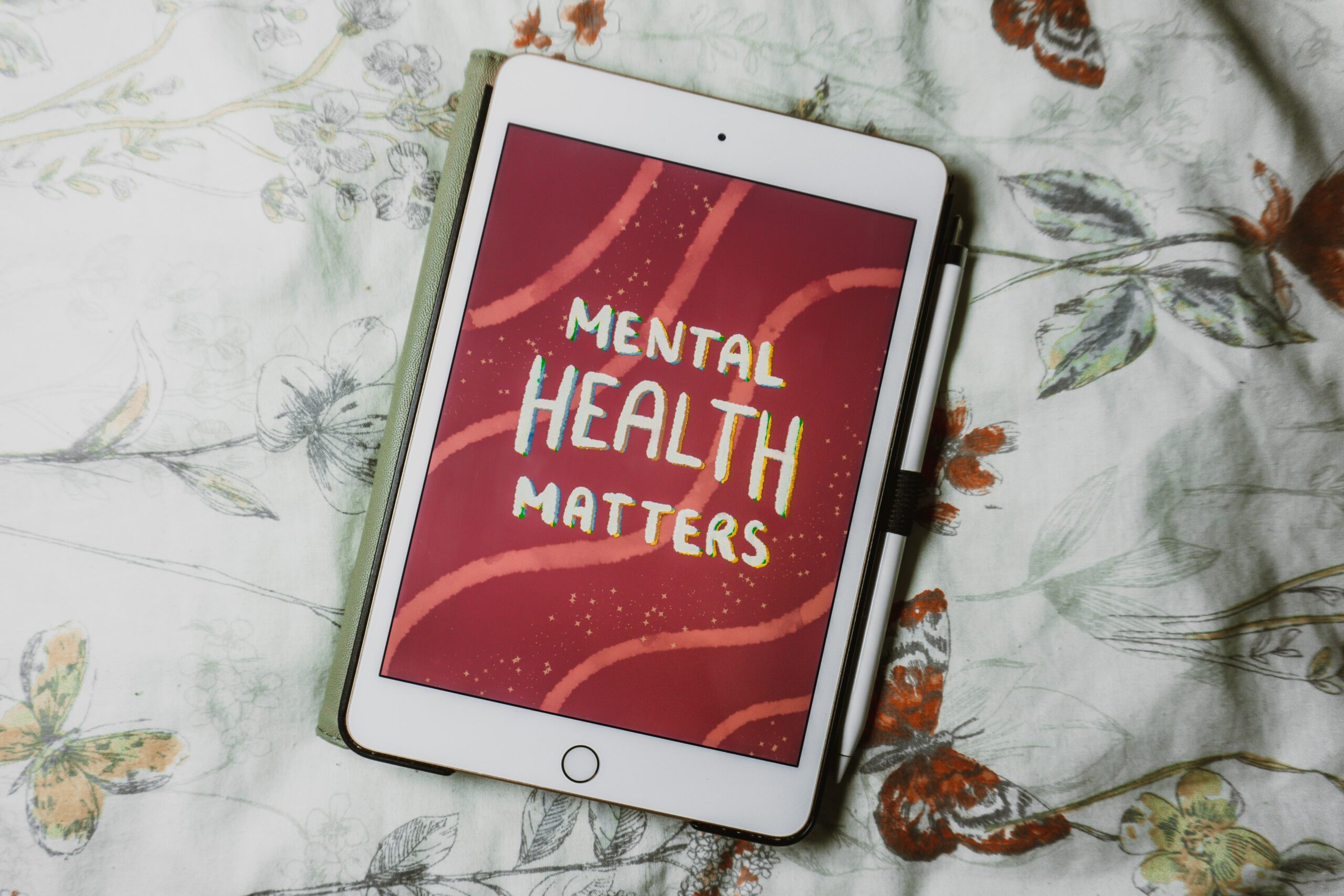It may not come as a surprise that COVID-19 has worsened mental health, both within Canada and around the world. However, what may be surprising are both the scope and impact that poor mental health has on a global scale. The burden of mental health disease affects the international population more than cardiovascular disease, cancer, injuries, and infections combined.

Disease burden refers to the impact of a health problem with regard to the losses associated with physical, sensory, cognitive, and emotional functions. In Canada, mental health-related disorders account for half of the total disease burden of individuals aged 20–30 years old and remains above one-third of the burden until 50 years of age. Poor mental health can further manifest into additional health complications; those with severe mental health issues are twice as likely to develop cardiovascular and metabolic diseases. Depression and anxiety are the two most common mental health conditions, and the World Health Organization (WHO) estimates the global cost of these illnesses alone is US$1 trillion.
Advancing Health Scientist Dr. Daniel Vigo, an advisor to WHO, chair of the Services and Policy Workgroup of the WHO-World Mental Health Surveys Initiative, and Editor-in-Chief of the International Journal of Mental Health Systems, has been researching the global disease burden of mental health and developing tools to improve treatment access.
“Beyond the need to continue increasing awareness of the burden of mental diseases globally, the truth is that psychologists and psychiatrists by themselves do not have the means nor the bandwidth to deliver the full scope of mental health care required, neither in low- nor in high-income countries,” points out Dr. Vigo. “But times are changing and accessibility to care is increasing.”
Increasing access to care
Thankfully, both the resourcefulness of communities and the increasing availability of digital tools are helping to overcome barriers to accessing much-needed mental health resources. In developing countries with few available specialists, trained community workers and people with lived experience, called peers, are delivering evidence-based interventions that are proving to be helpful and effective. Meanwhile in the UK, the Adult Improving Access to Psychological Therapies Program (IAPT) trained more than 10 000 psychotherapists in a short period of time to significantly increase access to evidence-based care. More than a million people have received these services and nearly two million will receive care by 2024.

“Accessibility is a significant barrier to receiving mental health care, especially since so many people need support. Digital tools provide important resources that can be helpful in both guiding and supporting people looking for mental health care,” says Dr. Vigo. “For example, there are blended services that start with self-guided resources and then connect with either virtual or in-person peer-based support. If specialized care is required, then a psychologist or psychiatrist within that specialty can be contacted via the virtual tool to deliver care either virtually or in-person.”
One of Dr. Vigo’s current research projects involves developing a tool that combines a chatbot, which assists self-guided interventions, with peer support delivered by trained community members with similar lived experiences to the individual seeking support. This tool is currently being deployed freely among university students throughout Canada via the Student E-Mental Health project.
Does increasing accessibility compromise care?
In a nutshell — no.
“We now have digital tools that have been shown to deliver effective interventions,” explains Dr. Vigo. “Interventions that we knew worked when delivered by a person have been proven to also work when delivered through digital tools. In fact, the combination of peer-based care and digital tools allows for significant coverage for several mental health disorders while being cost-effective. This provides enormous promise because up until recently, it was impossible to develop a feasible strategy for the global scale-up of desperately needed mental health services.”
There are still some barriers to accessibility, especially in tools that require data or internet to connect to care. To address this, it may be possible to develop hubs in hospitals, health centres, or even community centres where people can use an internet-enabled device, such as a tablet or smartphone, to access digital mental health tools.
What to look for in a digital mental health care tool
“Currently, the landscape is a free-for-all with several for-profit companies peddling their own digital tools backed by very little evidence,” cautions Dr. Vigo. “In addition, public organizations such as health authorities and governments will buy a license for a tool, but it rarely gets used because it is just not tailored to what people need.”
With an acknowledged bias, he recommends looking for digital tools, especially apps, that have an academic component or have been endorsed by a research institution because “many of these digital tools have been developed as evidence-based public goods: they have shown effectiveness, and are free to use.”
 The Canadian Journal of Psychiatry recently published an open-access article, with Dr. Vigo as a co-author, looking at the innovations and opportunities in digital mental health care. It provides an informative snapshot of available mental health resources throughout Canada, plus guidance for individuals as well as decision-makers. It suggests that “digital options should become part of the menu offered to patients… and can be easily incorporated into a stepped model of care.”
The Canadian Journal of Psychiatry recently published an open-access article, with Dr. Vigo as a co-author, looking at the innovations and opportunities in digital mental health care. It provides an informative snapshot of available mental health resources throughout Canada, plus guidance for individuals as well as decision-makers. It suggests that “digital options should become part of the menu offered to patients… and can be easily incorporated into a stepped model of care.”
“The most evidence in improving mental health care are behind tools that use cognitive behavioural therapy and/or are mindfulness-based; however, there is no monopoly on what a person might find useful. Try many, because they are a variety of tools out there,” encourages Dr. Vigo.
The key takeaway — people should use whatever works for them.
Dr. Vigo’s Student E-Mental Health project is a Canada-wide collaboration, which includes Advancing Health Scientists Drs. Chris Richardson, and Anne Gadermann. It received $4.5 million in funding from Health Canada.
To keep up to date with Dr. Vigo’s research on understanding and improving mental health and substance use services, visit the Mental Health Systems and Services Laboratory website.



